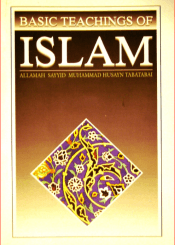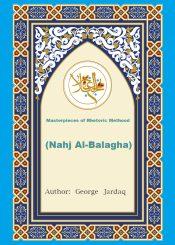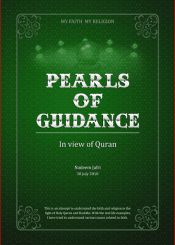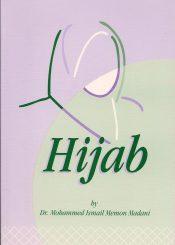The Richest Treasure: Imam ‘Ali’s Letter to Malik al-Ashtar, the Governor of Egypt

The Richest Treasure: Imam ‘Ali’s Letter to Malik al-Ashtar, the Governor of Egypt
Author :
Publisher :
Publication year :
2005
Publish number :
First
Number of volumes :
1
(0 Votes)

(0 Votes)
The Richest Treasure: Imam ‘Ali’s Letter to Malik al-Ashtar, the Governor of Egypt
The Richest Treasure by Imam Ali (as) A Selection from Nahjul Balagha: This text in the form of a letter were written by Hazrat Ali (a.s.) to Malik-e-Ashtar whom he had appointed as governor of Egypt in the year 657 A.D. (approximately). There is a main central idea running throughout this letter, like one single thread out of which a cloth is woven, and that is of Allah. The government is of Allah, the governors and the governed are both creatures of Allah. This letter is based on the principles of administration as taught by the Holy Quran; a code to establish a kind and benevolent rule, throwing light on various aspects of justice, benevolence and mercy; an order based on the ethics of a benign and pious rulership, where justice and mercy is shown to human beings irrespective of class, creed and color, where poverty is neither a stigma nor a disqualification and where justice is not tarred with nepotism, favoritism, provincialism or religion fanaticism; and on the other hand it is a thesis on the higher values of morality. It explains what a human administration should be and how it is to be carried out, and it justifies the claims of Muslims that Islam wants to introduce a godly administration of the people, for the people, and by the people, and it wants that ruler should not rule to please himself, but to bring happiness to the ruled, and no religion before Islam tried to achieve this end. Ali should be congratulated for having introduced these principles in his government and for having written them down for posterity.






